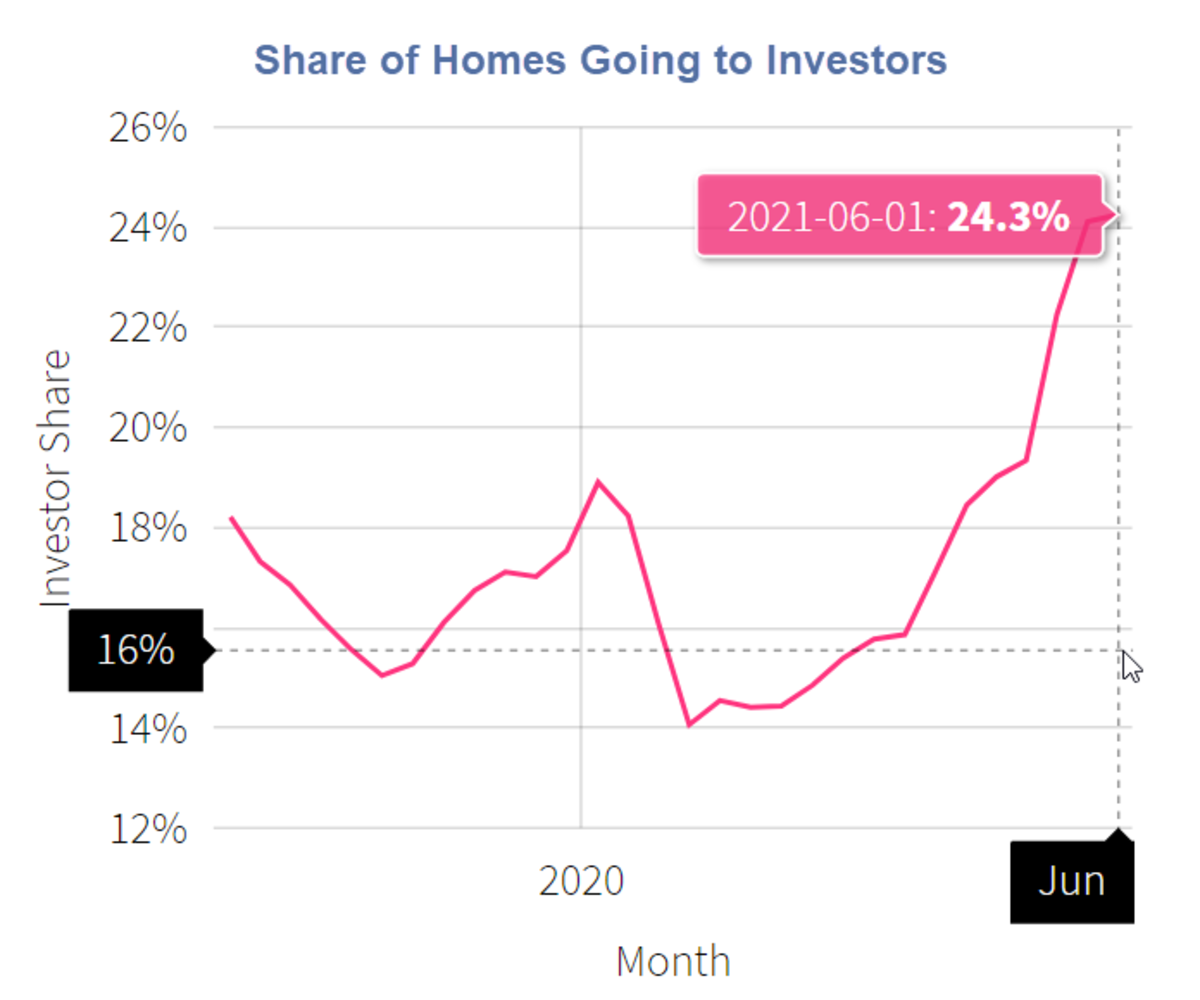Richard W. Fisher is President and CEO of the Federal Reserve Bank of Dallas and serves as a member of the Federal Open Market Committee, the Federal Reserve’s principal monetary policymaking group.
You therefore might have expected Mr Fisher to toe the FOMC ‘party’ line on all things to do with the $14 trillion dollar debt of the US government and the pronouncements of Federal Reserve Chairman of the Board, Ben Bernanke. However, the bubbled pressures within the federal reserve system are finally beginning to generate some deep visible cracks upon the marbled public edifice of the Marriner S. Eccles Federal Reserve Board building.
Take a look at these fascinating quotes from Mr Fisher, in a speech he gave on January the 12th. The first sentence alone is remarkable enough:
Today, I will speak to the truth as I see it. I speak only for myself and my colleagues at the Dallas Fed and not for anybody else on the FOMC or elsewhere in the System. I suspect this will immediately become clear.
It does…
The Federal Reserve has held rates to nil. We have expanded our balance sheet to unprecedented levels. After much debate―which included strong concern expressed by one member with a formal vote and others, like me, who did not have voting rights in 2010―the FOMC collectively decided in November to temporarily undertake a program to purchase U.S. Treasuries that, when added to previous policy initiatives, roughly means we are purchasing the equivalent of all newly issued Treasury debt through June.
By this action, we have run the risk of being viewed as an accomplice to Congress’ fiscal nonfeasance. To avoid that perception, we must vigilantly protect the integrity of our delicate franchise. There are limits to what we can do on the monetary front to provide the bridge financing to fiscal sanity.
There’s little Kreminology required to translate this uncoded 32 pound ball across the bows of USS Bernanke.
And there’s more…
The entire FOMC knows the history and the ruinous fate that is meted out to countries whose central banks take to regularly monetizing government debt. Barring some unexpected shock to the economy or financial system, I think we have reached our limit.
Perhaps we should invite Mr Fisher to become our central banking analyst here at the Cobden Centre?
The [recent US] election tapped into a foreboding sense that the cost of that comfort now exceeds its benefits, as manifest in looming megadeficits, deep if not unfathomable unfunded liabilities, egregious abuse of fiscal powers symbolized by earmarks and other methods used by politicians to grease the skids of their reelection.
Tapping into that foreboding in the recent election was the easy part. Talk of reform is cheap. Enacting reform will be painful.
Without dwelling too long upon earmarks, the paragraphs above could almost have been written by Congressman Ron Paul.
To make things even more interesting, the next section could almost have been written by President Andrew Jackson, the heroic destroyer of the Second Bank of the United States (a central banking predecessor to the Federal Reserve).
We shall see if the new Congress will prove worthy of the power the American people have “loaned” them, and, together with the president, actually draw the spirits of fiscal reform and sanity from the “vasty deep” to at long last implement meaningful fiscal and regulatory policy that incentivizes private-sector job creation here at home while arresting the hemorrhaging of our Treasury. If they do, then more Americans will find work and be better off, better paid and freer to make their own decisions about the economy.
If they don’t, then woe to our children, their children and the American Dream.
This potentially watershed speech is worth reading in its entirety.



Aside from Ron Paul’s attempts, there are some other really very interesting ‘goings on’ in the US at present as a direct result of the Fed’s financial ‘chicanery’.
On the ‘Beyond Money’ site I came across the following very interesting item. Just maybe there is hope!!
———————————————
States beginning to assert their money power
January 16, 2011 by Thomas H. Greco
Bills have recently been introduced in several states to try to address the money problem. In an article that appeared in Financialsense.com, Robert Kientz describes actions that are occurring in several states. It is unclear how much support the various bills might have, or what their chances of passage might be, but Kientz implies that the state of Virginia has already taken official action to at least study the matter of using alternative payment media other than Federal Reserve currency. He says:
Virginia announced yesterday that the state would commission a study of alternative currencies including gold and silver in House Joint Resolution No. 557. A selected quote from Resolution 557:
WHEREAS, the Supreme Court of the United States in Lane County v. Oregon, 74 U.S. (7 Wallace) 71, 76-78 (1869), and Hagar v. Reclamation District No. 108, 111 U.S. 701, 706 (1884), has ruled that the States may adopt whatever currency they desire for the purposes of performing their sovereign governmental functions, even to the extent of adopting gold and silver coin for those purposes while refusing to employ a currency not redeemable in gold or silver coin that Congress has designated “legal tender”;
Such actions are a hopeful sign that the money power, and the political power that goes along with it, are devolving away from Wall Street and Washington and back to our states and communities. The states have a powerful weapon in the form of the United States Constitution, which declares that no state shall make any thing but gold and silver Coin a Tender in Payment of Debts.
———————————————-
I wasn’t actually aware that the constitution counted for much anymore, but you never know!!